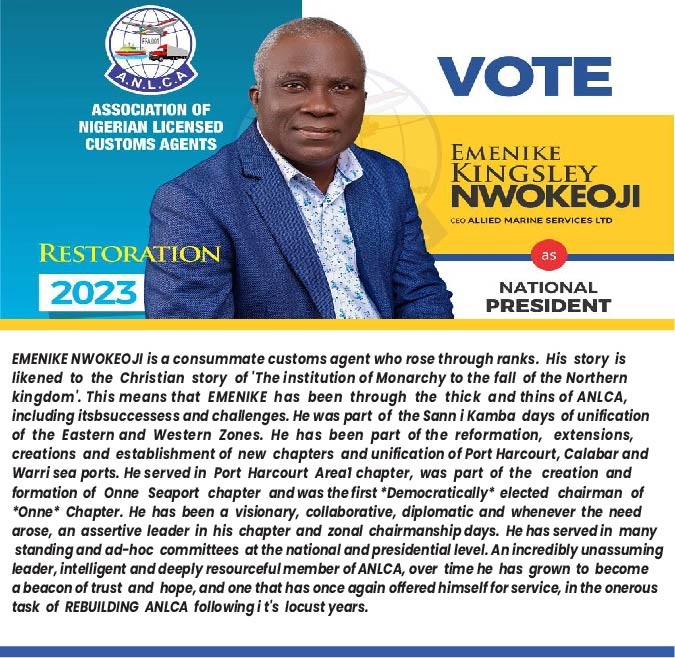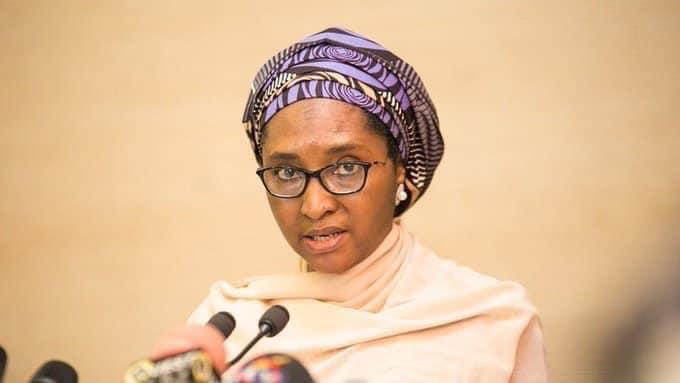Major opposition leader and flag bearer of the Peoples Democratic Party (PDP), Alhaji Atiku Abubakar criticism of the 2021 Budget Proposal presented to the National Assembly by President Muhammadu Buhari on Thursday, October 8, 2020, has began to attract weighty support from critical segments of society including the financial sector.
Atiku Abubakar said although the proposal failed to follow due process for failure to pass through the Fiscal Responsibility Act, the former Vice President raised particular alarm over what he consider as a huge budget deficit burden of N5.21trillion.
He said the resultant huge budget deficit financing will lead to aggravated economic overhang, increased inflation and higher costs that will lower aggregate income; expand and worsen poverty bracket.
He argues that at N5.21trillion deficit level, the amount is slightly above 3.5% of the 2019 GDP, even as he note that the proposed figure is contrary to the Fiscal Responsibility Act of 2007, quoting Part II, Section 12, subsection 1 of the Act to back up his argument.
His words: “Aggregate Expenditure and the Aggregate amount appropriated by the National Assembly for each financial year shall not be more than the estimated aggregate revenue plus a deficit, not exceeding three per cent of the estimated Gross Domestic Product or any sustainable percentage as may be determined by the national Assembly for each financial year.”
“Even more disturbing is the fact that our GDP has fallen sharply from its 2019 figures, and has been projected by the World Bank and other multilateral institutions at somewhere between $400 billion and $350 billion. Meaning that in actual sense, the ₦5.21 trillion budget deficit is actually far above the 3% threshold stipulated by the FRA.
“ That this escaped the notice of the Buhari administration shows a glaring lack of rigour in the formulation of the Budget. A very disturbing development. Furthermore, this deficit shows the precarious state of our national finances, which have since been overburdened by excessive borrowing on the part of the Buhari administration.”
Abubakar who have tried his hand on the presidential race twice and lost , said although the National Assembly has power to adjust the budget deficit to higher in order to strike balance that is sustainable, the benefit of such altruistic action would however be railroaded by the political class, and not get to the masses.
“It has not escaped my attention that the Fiscal Responsibility Act of 2007 makes provision for the National Assembly to raise the threshold of the budget deficit from 3% to a higher figure. However, if this is done, they will be serving this administration’s interests, not Nigeria’s, because the Act says that such a threshold must be sustainable. Is it sustainable when our budget makes almost as much provision for debt servicing, as it does for capital expenditure?
“As such, I call on the President, to recall this budget, and recalibrate it to reflect the provisions of the Fiscal Responsibility Act of 2007, and the current economic realities of the nation. To do otherwise will not only be unpatriotic, it will also be catastrophic for our nation’s economy”, he lamented.
Corroborating, Ahmadu Bello University Zaria economics teacher, Prof Peter Njiforti alleged a violation of the Fiscal Responsibility Act; and wondered why the estimates exceeded the prescribed threshold.
He said, “We put law and we violate the law. We have a law in place that is guiding our budget so that the deficit will not exceed three per cent of our GDP. And where we are having a budget where the deficit exceeds the threshold as in this case, then we are violating the law.”
The ABU lecturer also expressed concern over lack of available official budget performance report for privous years to help Nigerians to properly appraise subsequent budget outlook.
“I think the projection is actually ambitious and if you look at the budget N3.12 trillion is for debt servicing. So the thing about the budget is that they did not emphasise the extent at which the 2020 budget has been achieved.
“Ideally in presenting the budget they should give us an idea about the performance of the previous budget sector by sector so that we will know what was projected and realised. The budget is somehow ambitious because pronouncement is one thing, actual realisation is another thing.”
Another academic financial expert, Prof. Innocent Ogwude identified the greatest challenges to budget implementation to non utilization of expert economists during their proposal stage. He aver that even though economists are trained professionals versed in budget proposal writings and planning, and best suited in advising on national development planning; they are sidelined by the political class.
Ogwude said much of what has actually passed for budget proposal over the past two decades were devoid of critical national economic development roadmap. The professor who aired his views on an online media platform observed that the 2021 budget proposal like others before it lack clear development planning objectives; further noting that there has been no conscious effort by government or the civil society to evaluate budget performances.
According to him, “The national budget should be prepared under the supervision of economists. An economist is a person with a first degree in economics and a PhD in the same subject. A budget is a yearly plan for the implementation of a segment of a national development plan. Nigeria has been making budgets since 1986 without a national development plan.
“Understandably, our budgeting system is challenged in the absence of clear objectives to achieve in a planning cycle. In the circumstances, it is even difficult to appraise Nigerian budgets. I have not heard of a team of economists assisting the National Assembly in the evaluation of annual budgets.”
He attributed the collapse in systems evaluation to similar collapse in the value system, as Nigeria gets more exposed to value erosion in all segments of life.
“For example, how much of the 2019 or 2020 budget have been implemented. In other words, what were the objectives of the budgets? Have the objectives been achieved? I used to hear of errors in budgeting that are potential sources of difficulty in budget implementation.
“That was during my undergraduate days at the Ibadan University School of Economics, when my counterparts were proud students of public finance under erudite professors like Philips, Terriba, sometimes, Aboyade. I wonder what has happened. Our economists trained in public finance have abandoned to everyone the work of getting the budgeting process critiqued.”
This is even as Dr. Obadiah Mailafia, former Deputy Governor, Central Bank of Nigeria, and others think that the budget figure is out size and unsustainable especially given the prevailing economic realities.
He said, “Right now with the economic realities, coupled with the COVID-19, we are heading towards recession and the only solution is to pump in money into the economy to restore confidence. Nigerians are not feeling the impact of government’s spending at all.
“I will say that there is need for government to carry out more infrastructural projects that are labour intensive, thereby creating jobs for the people. If things continue the way it is, we may see more people living in poverty, and the economic situation may get worse.”
Also commenting, the Chief Executive Officer of Cowry Assets Management, Johnson Chukwu described the 2021 budget proposal as “overly optimistic.”
“In the current year, the government said by the end of June they will achieve 60 per cent of their revenue projections for the 2020 budget which it has struggled to measure-up with”, he said, adding:
“Looking at this year, I don’t see how much revenue change we are going to see next year. Aside from revenue from the country’s oil export, the major revenue will be coming from other independent revenue sources.
“I do not think the economy will have fully recovered as it will lead to the achievement of the budget proposal. I think the government needs to be more realistic in its projections and if it does that, it will also help us to review our approach to managing our finance or building infrastructure.”






